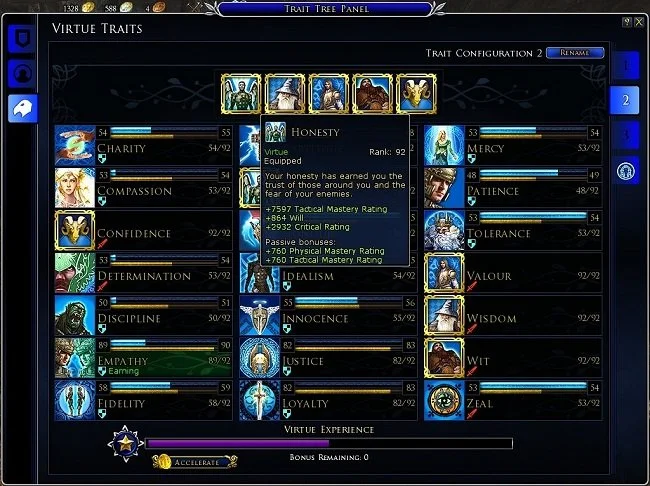Excessive Monetisation
I have numerous happy memories from playing Super Mario Kart on the SNES back in the early nineties. It was at the time and remains so today, a truly great game because it’s fun, very accessible and inherently social. Hence over the years there have been multiple iterations of Mario Kart across all of Nintendo’s platforms. All of which have been well received and provided gamers with what they want. In many ways it is one of key titles that have made Nintendo a global success as a gaming company and a brand. If you see any advertising featuring Mario and friends in go-karts, then it can be taken as read that the game will be a yet another great instalment of the franchise. Or can it? Which brings me neatly (and sadly not happily) to Mario Kart Tour; Nintendo’s latest foray on mobile platforms.
Mario Kart Tour is a litany of gacha mechanics, multiple currencies and gated content. It’s a game that’s designed upon grinding through levels and earning currencies. Racing go-karts appears to be very much a secondary consideration. Naturally the game has the traditional Nintendo aesthetic, with the colourful environment and characters looking great on a modern smartphone screen. But it’s all superficial, as the game itself is hideously compromised by its monetisation. Characters, tracks and vehicles are locked behind pay walls that you can grind for, or if you prefer, spend some money to access. In its base form Mario Kart Tour is little more than a gaming tease. If you want to actually play the game in any meaningful sense, then you have to pay. And then there’s the insanity of the Gold Pass, a £4.99 monthly subscription allowing access to the 200cc racing class, which gives the highest point rewards and the best races. A price point that also buys you access to Apple Arcade and a hundred of the best mobile games around.
However, Nintendo are not the only company that’s happy to push ahead into the realms of excessive monetisation. Ubisoft have seen triple A gaming as a “service” for several years. However, the recent release of Tom Clancy's Ghost Recon Breakpoint takes monetisation to new levels. There’s such a degree of microtransactional content it’s almost as if Ubisoft are trolling their player base. Skill points, crafting materials, weapons and their associated upgrades, are available to be purchased, right from the get-go. All of which have a direct impact on gameplay. And folk use to balk at the idea of a paid season pass. Plus some of the items in the in-game store are exclusives and not available by any other means other than paying. Considering that the base game (or should I say empty shell of a game) costs £60, it raises the question exactly how much must a player spend to have access to everything? Assuming that you are then presented with a fully functional game. I’m sure the answer to that question will emerge in the days to come.
Yet despite the egregious nature of such excessive monetisation being as plain as the nose on your face, a large percentage of gamers don’t appear to care. Mario Kart Tour was downloaded by 90 million unique users in its first week, which is six times more than Nintendo's second most popular game. It is too soon to ascertain sales data for Tom Clancy's Ghost Recon Breakpoint as the game is currently in early access for those who pre-ordered and formally launches on Friday October 4th. But this is one of Ubisoft flagship franchises and I’m sure anticipated sales will feature heavily in their Q4 revenue targets. The bottom line is there is a lot of cognitive dissonance in the gaming community. People are happy to pay lip service to complaints of excessive monetisation yet end up doing the complete opposite and supporting the very thing that is the “problem”. Some gamers are enabling and validating the questionable practises of certain publishers and in doing so contribute to video games being held hostage by untrammelled greed.
Video games are a commercial undertaking and no one thinks that game developers and publishers shouldn’t be able to make a profit. But like any other consumer industry, video games needs to be a balanced and realistic quid pro quo. Payment should provide you with a fully functional game. Paid additional content should be an adjunct and not integral to the proceedings. If there must be microtransaction then make them cosmetic, although this also comes with its own set of problems, depending on the games core demographics. But the whole concept of “pay to start” is questionable in so far as you have not really been sold an entire product that is fit for purpose. Logicly, there will come a point when companies such as Ubisoft will go too far and finally the majority of gamers will simply say “no”. The film industry has had several tent pole movies woefully underperform leading to a re-calibration of business practises. Will we eventually see a record number of triple A games fall flat on their face? It’s not impossible. But the biggest question is when?




























